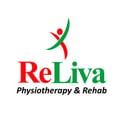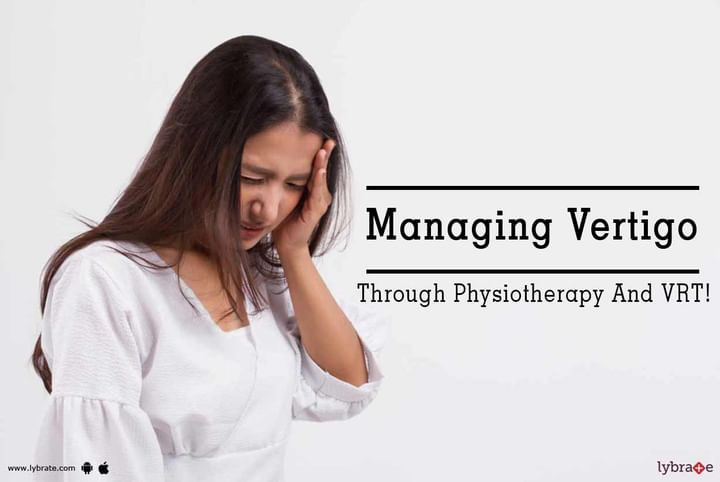Managing Vertigo Through Physiotherapy And VRT!
Vertigo refers to dizziness, or spells of dizziness, or rotational dizziness, which can be short term or long term. It is a general symptom for a variety of conditions of the brain, inner ear, sensory nerve pathway, and other sensitive organs. Vertigo has the capability of hampering the day to day functioning of the person. Furthermore, due to these reasons, it has the potential to cause anxiety and depression.
Types of Vertigo & Diagnosis:
Vertigo can be categorized into two major types based on the underlying cause:
1. Peripheral Vertigo: It is said to occur if it is related to the problems of the inner ear, such as its inflammation or an infection in its tiny parts or displacement of tiny particles present in the inner ears.
2. Central Vertigo: It is said to occur if it is related to the problems of the brain (the Central Nervous System) or the sensory nerve pathways.
Vertigo can be diagnosed by physical examination, assessing the medical history followed by undergoing a CT scan or an MRI, as required.
Treatment:
It is important to essentially understand the root cause of the condition and then treat that accordingly for best results.
1. A bacterial infection can be addressed through antibiotics.
2. Nausea and motion sickness can be reduced by using anti-emetics and antihistamines.
3. Sometimes, for patients with intractable Benign Paroxysmal Positional Vertigo (BPPV), surgery is performed to block the area triggering Vertigo.
4. Exercises can also help in managing the milder symptoms of Vertigo without visiting to the doctor for the same.
5. Most of the time, in case of BPPV, physiotherapy is the recommended treatment.
6. Certain lifestyle changes and precautions can be adopted to avoid conditions that trigger Vertigo.
7. Vestibular Rehabilitation Therapy goes a long way in managing Vertigo.
Vestibular Rehabilitation Therapy (VRT) for Managing Vertigo:
Vestibular Rehabilitation Therapy, abbreviated as VRT, is a program based on exercise that promotes the retraining of the Central Nervous System and repositioning of the free flowing particles in the fluid present in the inner ear. This helps in treating the condition of the inner ear for managing Vertigo. Its application is based on scientific research and evidence. The major goal of this type of treatment is to let the brain establish coordination again with the inner ear, with eye, and with the proprioceptive system for processing information.
The proprioceptive system consists of the sensory receptors which respond to pressure and stretch. Hence, VRT is effective in improving the diminishing quality of life due to Vestibular Disorders like Vertigo, by addressing both, the primary as well as secondary consequences of the condition. Over a period of time, when the patient becomes sufficiently trained under professional guidance, VRT can then be carried out at home at prescribed intervals based on the specific requirement.
Methods for VRT-
Depending on the clinical examination, the three major methods of exercise for Vestibular Rehabilitation Therapy can be prescribed, as described below:
1. Habituation exercises are prescribed for those patients who experience dizziness by movement and by visual stimulation.
2. Gaze Stabilization exercises are prescribed for those patients who experience uncontrolled eye movements leading to unclear vision.
3. Balance Training exercises are prescribed for improving steadfastness, to prevent falling, and to restore balance during performing activities like bending, standing and turning, reaching, walking, and running for helping patients return to their daily lives confidently.
Take Away:
Vertigo is the vestibular condition of dizziness that can be managed through methods like Vestibular Rehabilitation Therapy for re-training the brain to coordinate with the affected organs. It helps in restoring the quality of life. VRT is mainly practiced through habituation exercises, gaze stabilization exercises, and balance training exercises.



+1.svg)
